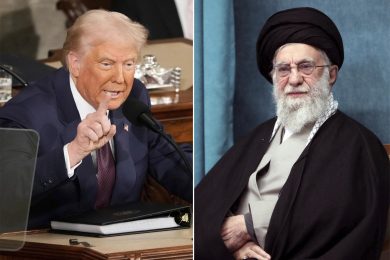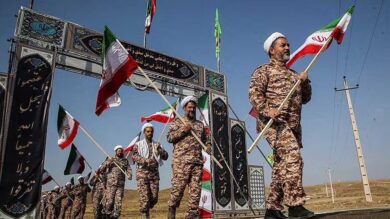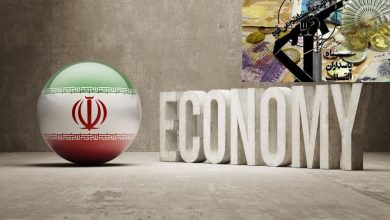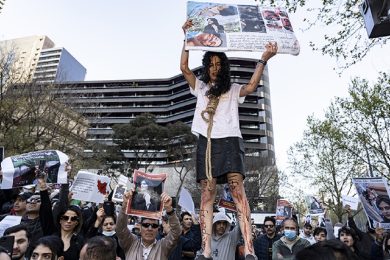The Islamic Revolutionary Guard Corps (IRGC) has evolved from a military institution into a formidable economic and political force within Iran and beyond. Through a complex network of front companies, covert operations, and illicit financial channels, the IRGC funds its activities, including support for proxy groups and the development of military capabilities. This report examines the mechanisms by which foreign companies, knowingly or unknowingly, facilitate the IRGC’s operations, the implications of such complicity, and the challenges in enforcing international sanctions.
1. The IRGC’s Economic Empire
The IRGC’s economic reach extends across various sectors, including energy, construction, telecommunications, and finance. Entities like Khatam al-Anbiya Construction Headquarters, a major IRGC-affiliated engineering firm, have secured numerous contracts, often without competitive bidding, consolidating the IRGC’s economic influence. Additionally, the IRGC controls a vast network of front companies and charitable foundations (bonyads), which serve as conduits for revenue generation and sanctions evasion.
2. Mechanisms of Sanctions Evasion
a. Front Companies and the “Ghost Fleet”
To circumvent international sanctions, the IRGC employs a network of front companies and a “ghost fleet” of tankers. These vessels often operate under false identities, disable tracking systems, and conduct ship-to-ship transfers to obscure the origin of Iranian oil. Such tactics enable the IRGC to continue exporting oil clandestinely, primarily to countries like China, despite stringent sanctions.
b. Shadow Banking Networks
The IRGC utilizes shadow banking networks involving exchange houses and shell companies in jurisdictions like Hong Kong, the UAE, and Turkey. These networks facilitate the laundering of billions of dollars in oil revenues, which are then funneled back into Iran to support military activities and proxy groups across the Middle East.
3. Foreign Companies’ Complicity
a. Financial Institutions
Several international banks have been implicated in facilitating transactions that benefit the IRGC. For instance, the U.S. Department of Justice charged Halkbank, a Turkish state-owned bank, for its role in a scheme to launder billions of dollars of Iranian oil revenue through gold purchases and fake food shipments.
b. Maritime and Logistics Companies
Shipping and logistics companies have also been involved in transporting Iranian oil, often through deceptive practices. For example, the Chinese company Haokun Energy was sanctioned for purchasing millions of barrels of oil from the IRGC-Quds Force, using falsified documentation to mask the oil’s origin.
c. Technology Firms
Technology companies have inadvertently supported the IRGC’s cyber operations. In November 2023, IRGC-affiliated cyber actors, using the persona “CyberAv3ngers,” targeted and compromised Israeli-made Unitronics Vision Series programmable logic controllers (PLCs) used in various sectors, including water and wastewater systems.
4. Legal and Ethical Implications
Engaging in business with IRGC-affiliated entities poses significant legal and ethical risks. Companies may face sanctions, legal penalties, and reputational damage. Moreover, such engagements indirectly support activities that undermine international security and human rights. For instance, the IRGC’s support for proxy groups contributes to regional instability and conflicts.
5. Challenges in Enforcement
Enforcing sanctions against the IRGC is fraught with challenges. The IRGC’s use of complex networks of front companies and covert operations makes it difficult to trace and disrupt their activities. Additionally, varying levels of enforcement and political will among countries complicate coordinated international efforts. For example, while the U.S.
has designated the IRGC as a Foreign Terrorist Organization, other countries have been reluctant to follow suit, limiting the effectiveness of sanctions.
Conclusion
The IRGC’s ability to sustain its operations through global networks underscores the importance of vigilance and coordinated international action. Foreign companies must conduct thorough due diligence to avoid complicity in activities that support the IRGC. Strengthening enforcement mechanisms, enhancing transparency, and fostering international cooperation are essential steps in curbing the IRGC’s malign activities.
Join Our Newsletter!
Stay informed with the latest updates, news, and ways to take action in the fight for justice and global security. Sign up now to get updates delivered straight to your inbox!





